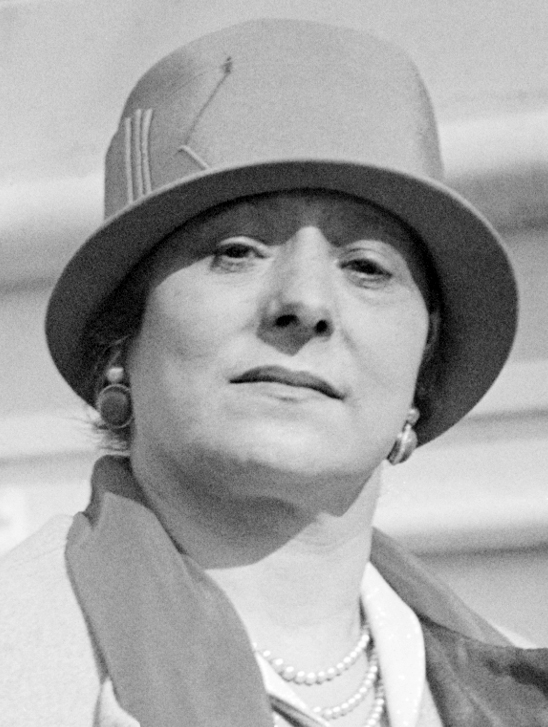Helena Rubinstein not only built a cosmetics empire but also changed the approach to makeup. She showed women how to take care of themselves. She helped soldiers by providing them with burn creams and camouflage products.
Chaja Rubinstein was born on December 25, 1870, or 1872 in Krakow (a Polish city, then under Austrian rule after Poland lost its independence in 1795) into a middle-class Jewish family. Helen’s name stuck to her only later.
12 jars of cream
The future “empress” of the cosmetics world studied medicine in Switzerland. However, they wanted to marry her to an elderly widower, whom Rubinstein disliked so much that she fled from Europe to the other end of the world – to Australia. It is worth noting that she did not speak English at the time. According to the legend, her mother gave her 12 jars of cream for chapped skin. From then on, her road to the cosmetic empire began.
Australians quickly liked the cream. Helena opened a store in Melbourne, selling creams imported from Europe. Later, she started making her own products. She knew the secrets of trade and marketing and was able to build a legend and a mystery around herself and her products. All this brought her quite a fortune. But Rubinstein wanted to develop.
Make-up is nothing wrong
She went to Europe to study dermatology. After their graduation, in 1908, she opened a beauty salon in London, and in 1912 in Paris. She married Edward William Titus and had two children. The marriage was not successful. Meanwhile, Rubinstein also added make-up cosmetics to her offer. She also changed women’s approach to it. Until then, makeup was considered the domain of prostitutes and actresses. Rubinstein showed that makeup is nothing inappropriate.
She helped the soldiers with camouflage
After the outbreak of World War I, she left for the USA and continued to develop her business there. A year before the outbreak of World War II, she married the Georgian prince Artchill Gourielli-Tchkon, who was over 20 years younger than her.
After the attack of the Third German Reich on Poland and unleashing of World War II by Adolf Hitler and the leader of the USSR, Joseph Stalin, she was not indifferent to the conflict. She helped with what she had the best – cosmetics. Rubinstein sent skin burn creams and camouflage products to American soldiers. She also supported the Polish Red Cross.
Rubinstein was also involved in philanthropic activities and funded medical research and cultural organizations.
She died on April 1, 1965, in New York, at the age of 95, as the richest woman in the world.





